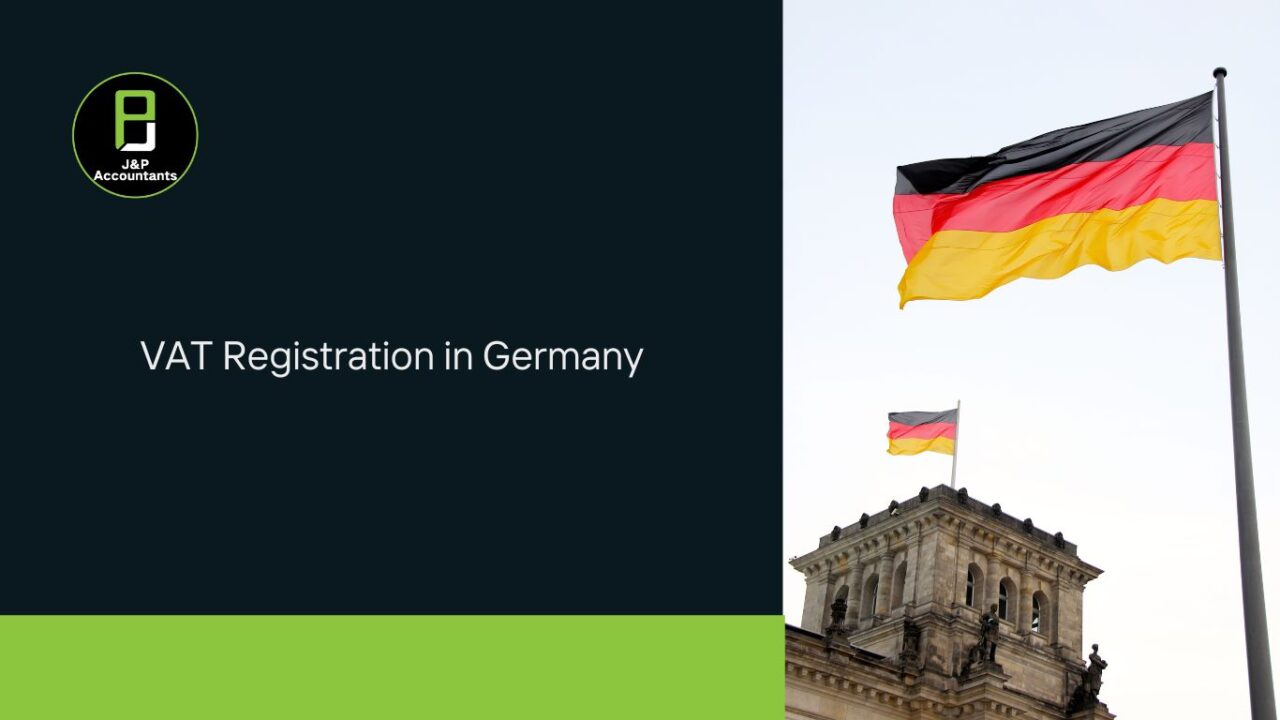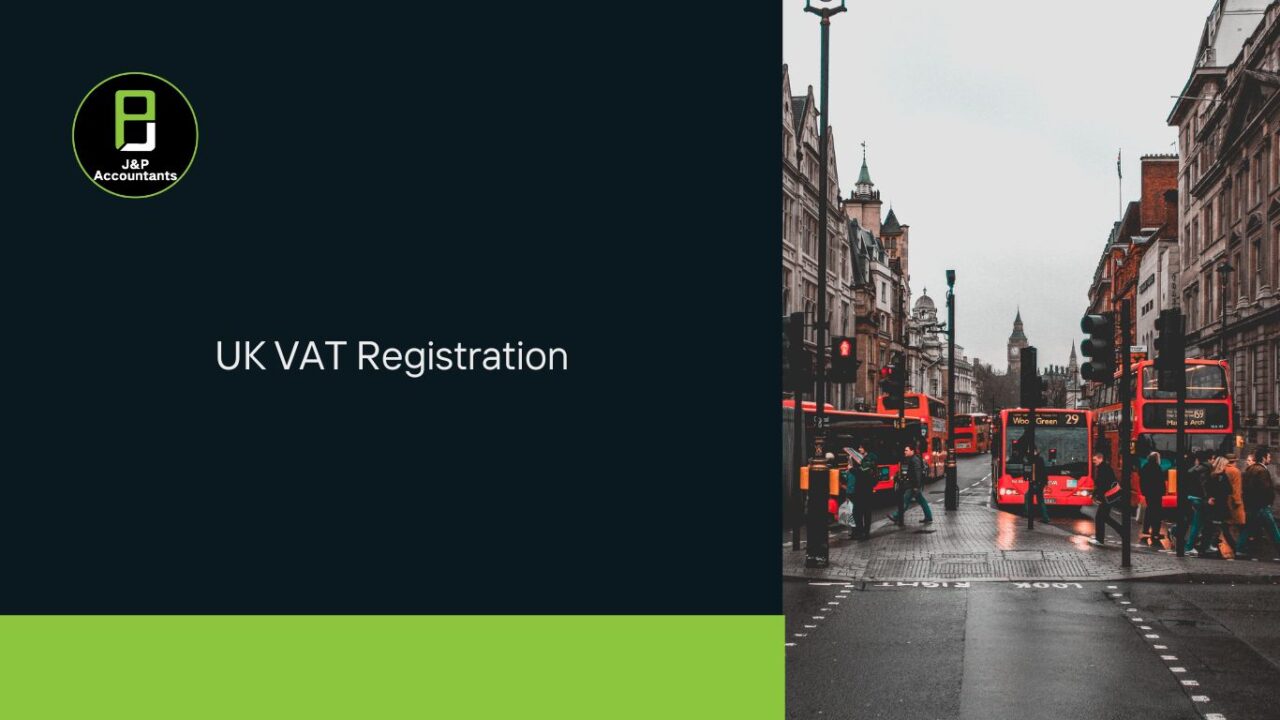German VAT (Value-Added Tax) plays a significant role in the financial operations of businesses and consumers within Germany.
As an accounting firm, we understand that companies trading or investing in Germany must fully comprehend and comply with this tax system to ensure financial compliance.
If your business plans to trade or is already trading in Germany, there are several important aspects you’ll need to be aware of.
German VAT
Germany introduced its VAT system in 1968, and it has continued to evolve.
Currently, the EU standard VAT rate applies at 19%, with special rates (7%) and exemptions (0%) for specific products and services.
Additionally, the German VAT system offers simplified reporting processes for smaller enterprises, making compliance more manageable.
If you plan to sell goods or services in Germany, it’s crucial to assess whether VAT registration is required.
VAT Registration in Germany
For businesses outside of Germany, VAT registration is mandatory if you intend to engage in local transactions.
Remote sellers (e.g., internet sales) must register for VAT if their annual sales exceed €100,000.
Other cases that require VAT registration include:
- Importing goods into Germany
- Transporting goods within Germany or across EU member states
- Trading goods within Germany
- Storing goods in a German warehouse

The Registration Process
To register for VAT in Germany, follow these steps:
- Confirm whether your business must register for VAT. Registration must be completed before any transactions occur to avoid penalties.
- Appoint a local fiscal representative (for non-European businesses) to manage tax reporting on your behalf.
- Submit the required documents, including company statutes, to apply for VAT registration.
- Once your documents are complete, the usual waiting time for a VAT number is about one month, though delays of 4-5 months are currently common due to system issues.
- Fulfil your VAT obligations by submitting VAT returns as required.





